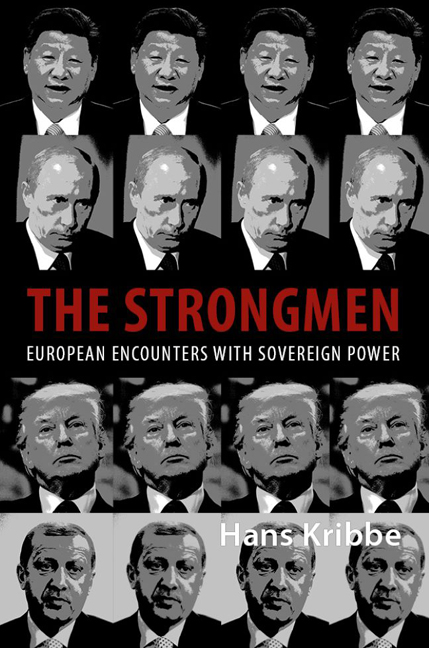10 - Epilogue: initiations into power
Published online by Cambridge University Press: 20 December 2023
Summary
Europe, if it can't think of itself as a global power, will disappear.
Emmanuel Macron, 7 November 2019EUROPE's COMING OF AGE
History is about epochal change, and with hindsight we may be able to say what the change was, what our “age” was about and when it started. In the storm of time this is a difficult and often impossible task. The historian is able to connect effect to cause because he already knows the outcome. The politician still has to feel his way at the intersection of past and future, not knowing what great change is being forged. Bit by bit, this is how he discovers, and defines, what his age is, and where he can and cannot tread.
Politics is improvisation, Niccolo Machiavelli taught, and improvisation involves going forward without knowing exactly where you are going, or even what you are doing. In its encounter with the strongman this is precisely what Europe is doing. It is feeling its way forward in unfamiliar surroundings, and it does so by taking small but concrete steps.
This process of improvisation is not random. Events and encounters are pushing the continent into one particular direction. Europe is discovering a certain path, delineating the outlines of a new era. The more of the path it travels, the clearer it becomes where it is leading, and what needs to be done to complete the journey. Minerva's owl only takes flight at dusk, said Hegel. “The vision thing”, as US President George H. Bush once called it, becomes easier the further we advance.
Can we already see where Europe is headed? The answer, I believe, is that we can, although not with the precision that may be demanded from us. Europe is discovering the allure of strength. It is looking for ways to find a place for strength in the world of rules it has crafted. What Europe is feeling its way towards, in other words, is the status of a sovereign power, acting independently on the global stage.
That transformation is driven by events and encounters, and by the realization that unfortunately the world is dominated less by rules than by strength. In such a world what alternatives are there for Europe's disparate nations?
- Type
- Chapter
- Information
- The StrongmenEuropean Encounters with Sovereign Power, pp. 191 - 208Publisher: Agenda PublishingPrint publication year: 2020



